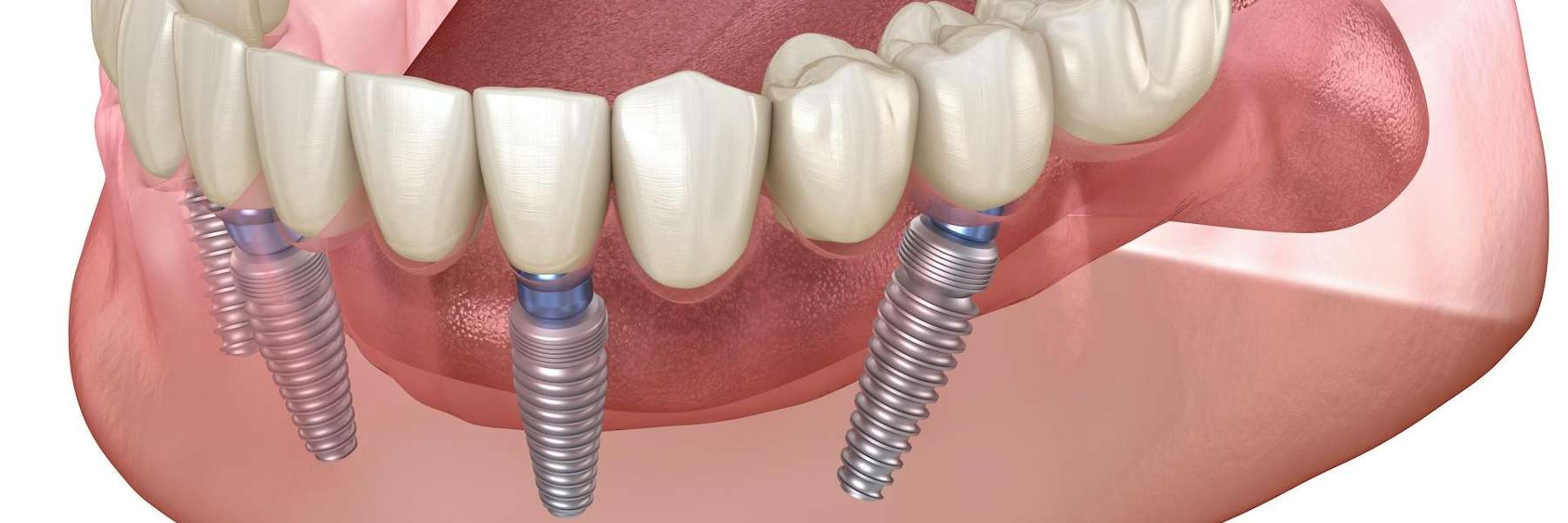
Despite a somewhat intimidating reputation, root canals are straightforward, common, and largely painless dental procedures. The conditions that bring about the need for a root canal, on the other hand? Whether the result of a neglected cavity, gum disease, or severe tooth breakage, these can be painful and scary.
Today, we are looking at signs that a person may need a root canal and the conditions that cause these symptoms.
What Is a Root Canal?
A root canal is a dental procedure in which a tooth's infected or injured internal soft tissue, or ¨pulp,¨ is removed. This pulp, which contains blood vessels, nerve endings, and connective tissue, is the living part of a tooth.
Before a root canal procedure, the dentist cleans and numbs the damaged tooth and surrounding gums to ensure a pain-free experience for the patient. Then, using special instruments, the damaged pulp is removed, and the remaining space in the tooth is thoroughly cleaned and sealed with a protective filling material that prevents bacteria from re-entering.
At a future appointment, the dentist caps the tooth with a crown to keep it strong and viable.
In addition to providing immediate relief from discomfort, root canals are an excellent long-term solution.
When Is a Root Canal Necessary?
A root canal becomes necessary when bacteria enter a tooth through an untreated cavity or a crack. Left untreated, this bacteria causes plaque and tartar, which can lead to inflammation and infection of the pulp, or pulpitis. Beyond toothache, other symptoms of pulpitis include pain in the jawbone and sensitivity to hot and cold temperatures. If neglected, pulpitis can lead to an abscess (pus collection), resulting in tooth loss.
A root canal is necessary when the tissue inside the tooth becomes infected or damaged. This can occur due to decay from gum disease or bacteria entering the tooth or trauma, or breakage.
Symptoms that indicate a root canal may be needed include severe and persistent tooth pain, extreme sensitivity to hot or cold, and swelling and tenderness in the gums. If left untreated, the infection that necessitates a root canal can spread, leading to abscesses and extending to the jawbone and elsewhere in the body.
Post-Root Canal Care
Post-root canal care is crucial to ensure proper healing and the long-term success of the treatment. After the procedure, it is common to experience discomfort or swelling, which can be managed with cold compresses, salt water rinses, and over-the-counter pain relievers.
After a root canal, following your dentist's instructions regarding oral hygiene is important, typically avoiding vigorous brushing around the treated area and using special mouthwash. Also, maintaining regular dental check-ups to ensure that healing is progressing properly is essential for monitoring the tooth's health and preventing future issues. In many cases, a dental crown may be recommended to provide additional protection and restore the tooth's functionality.
Ensuring That You Don't Need a Root Canal
Preventing the need for a root canal starts with maintaining good oral hygiene practices. This includes brushing at least twice daily, flossing daily, and rinsing regularly with antiseptic mouthwash to prevent plaque buildup and tooth decay. Additionally, scheduling routine dental check-ups allows for early detection and treatment of dental problems before they escalate.
Adopting a balanced diet rich in vitamins and minerals, avoiding consuming overly sugary or acidic foods and beverages, and supporting overall health can be crucial to preventing the bacteria that cause gum disease and tooth decay. Similarly, avoiding tobacco products is also important in preventing the buildup of decay-causing bacteria.
Also, wearing a mouthguard during sports or any other situation that poses a trauma risk will minimize the possible need for a root canal. Finally, promptly addressing dental issues like cavities or cracked teeth is also helpful in preventing the need for a root canal.
In short, maintaining good oral health habits, being mindful of dietary choices, avoiding or quitting smoking, and seeking timely dental care can significantly reduce the likelihood of needing a root canal and contribute to your teeth, gums, and overall health.
Root Canals in Bonita Springs, FL
If you are in the Bonita Springs, FL area and are experiencing symptoms that suggest you may need a root canal or want to ensure that you never need a root canal, contact dentist Dr. Michael Gostigian and the team at Bonita Grande Dental to schedule a consultation appointment.






